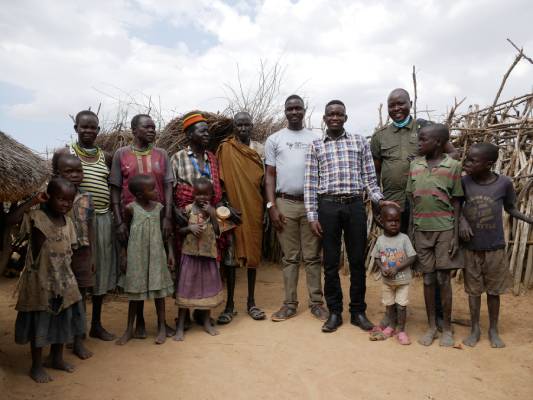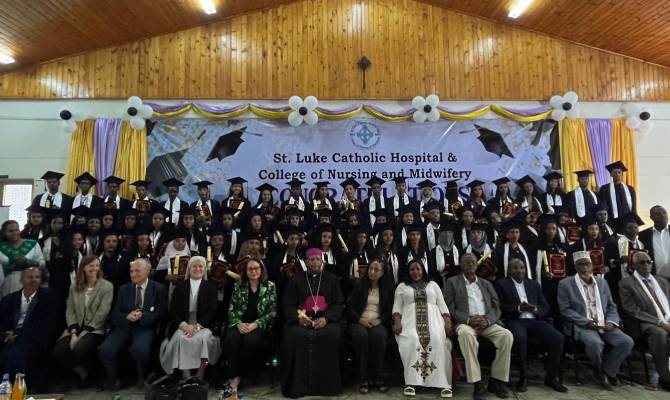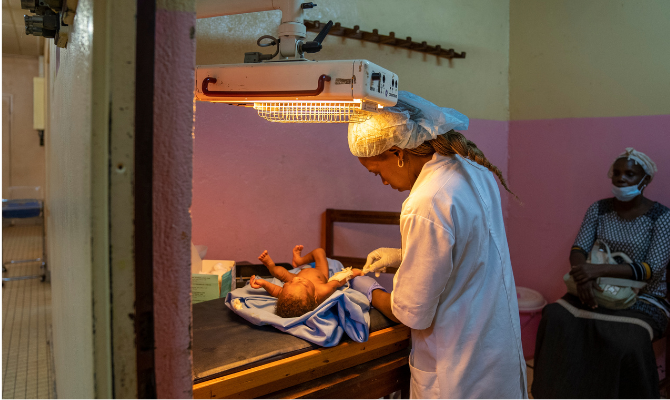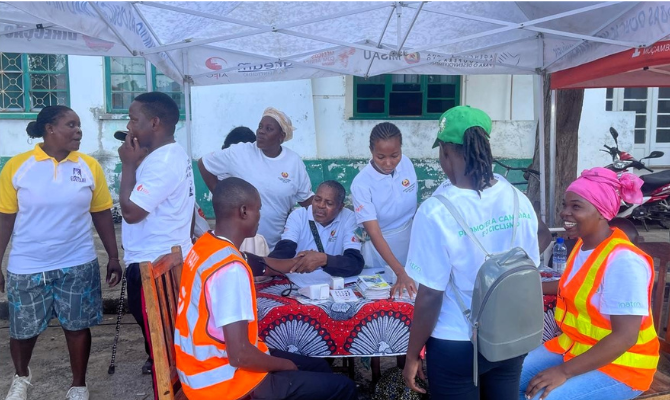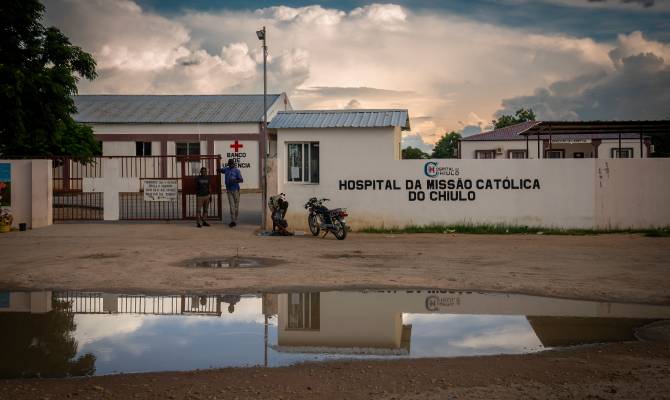Like every year, March 24 celebrates the World Tuberculosis Day which brings attention on a disease widely spread yet hardly defeated. In accordance with the WHO, tuberculosis is the second cause of death from a single infectious agent, only preceded by Covid-19. Every year, around the world, 1.5 million people die due to TB and 10 million people get sick. 25% of the cases diagnosed are in Africa. “Yes! We can end TB!” is the World Health Organization appeal for the 2023 edition. The appeal invites us to continue in a silent, yet steady commitment as the one carried out in Africa by Doctors with Africa CUAMM.
In fact, for over 70 years and in the hospitals where we intervene, we have encountered people with TB and have diagnosed this silent and slow-progressing disease. We diagnose it also thanks to the innovative Genexpert instrumentation now used in South Sudan, Angola, Uganda, Tanzania and Ethiopia. However, the international crises faced over the last years and caused by the Covid-19 pandemic first and then by the conflict in Europe, have increased both the incidence and mortality related to TB. Nowadays and according to the WHO estimates, the rate of incidence and mortality is equal to the numbers of the last decade. In fact, in 2022 we diagnosed about 2.858 cases of tuberculosis. An increase of 52% compared to the previous year.
“During the Covid-19 pandemic, access to health services have been drastically reduced. Diseases such as TB, screening and follow-up activities are crucial to treat the patient, limit contagion and prevent the MDR-TB transmission, multi-drug-resistant tuberculosis that cannot be treated with anti-tuberculosis drugs. In addition, TB cases are also related to risk factors such as malnutrition. The economic crisis that overwhelmed Africa in the past year, which is also an indirect consequence of the conflict in Europe, has affected the purchasing power of families by worsening their nutritional status and therefore making them more vulnerable” explains Fabio Manenti, CUAMM Project Manager.
CUAMM’s commitment continued during all this time and up to the present moment. While accurate and timely diagnosis are being performed in hospitals, on-ground activities with communities and local health systems are crucial for follow-up. Uganda is one of the countries where the work done in synergy at different levels is bearing fruits: the project “SCALE – Increasing coverage of TB prevention and treatment services in Karamoja” carried out with the contribution of Fondation Assistance Internationale (FAI) develops at a rapid pace in the region which is the poorest in the country and is populated by over 1 million of people.
«Through prevention, screening and follow-up interventions carried out both in health facilities and within communities, we are able to test a broad number of people hence diagnose the disease and reduce early abandonment of treatment. Last year we met 506 community’s leaders and scheduled 161 meetings across Karamoja region engaging with over 3.265 health team» states Faustine Erau, CUAMM doctor at the TBC ward, Matany hospital.
Moreover, 129 mobile clinics travelled across Karamoja last year performing 20.488 screening and detecting 316 cases at risk of tuberculosis. Support in transferring 11.000 samples to laboratory was also key in diagnosing 688 positive cases and 39 cases of MDR-TB.
«I sought health care at Lobooko health centre cause I was suffering chest and joint pain, cough and dizziness. Once I got there, I was transferred to Matany hospital where I received the diagnosis of Tb and the treatment which lasted longer than expected. I honestly did not stick to the treatment as I should have done. When I was told I was free from TB, I could not believe it, it was September 9th 2022» says Kolibi Cosmas, a 48-years old man from Lobooko village who was diagnosed with MDR-TB in 2021.
Not only is CUAMM working in Uganda, but also in Angola, with the collaboration of The Italian National Institute of Health, where “CombaTB” project aims at improving early diagnosis and transferring patients TB and HIV/TB positive to Luanda province, training health workers also by providing medical equipment, supporting M&E activities and patients’ follow-up with the support of communities workers. At the start a brand new research project on TB in Ethiopia, with the collaboration of University of Bari.

